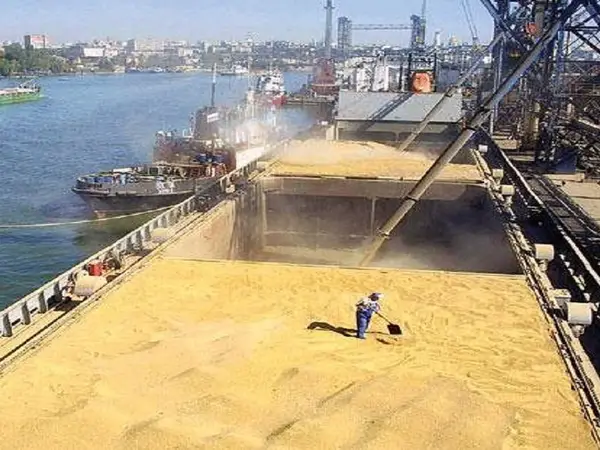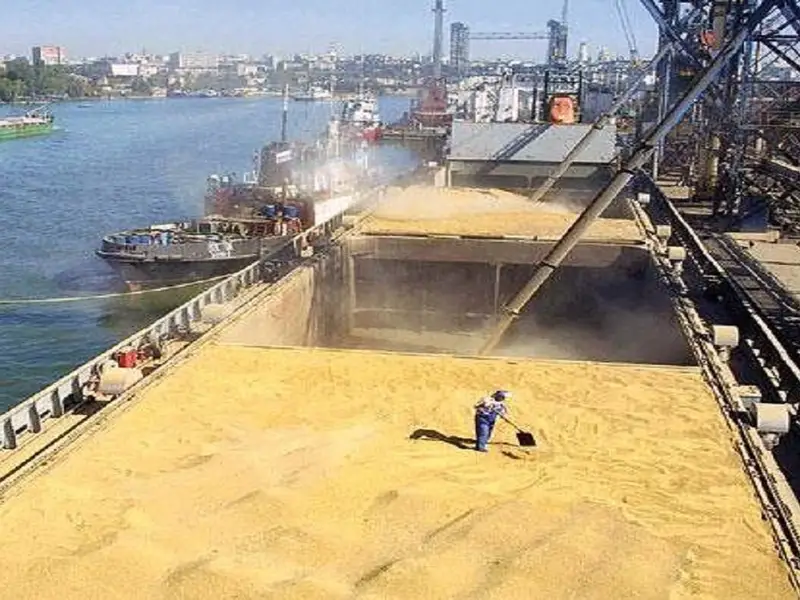Iran must import at least seven million tons of wheat to meet its domestic needs until March 2023, the chairman of Iran's Grain Union said on Tuesday, amid rising bread prices.
Iran imported a record eight million tons of wheat in the previous year to March 2022 due to the drought that had a huge toll on domestic production, Kaveh Zargaran said in a conference.
He added that the projected imports would be part of a total of 25 million tons of grains, soybean meal and oilseeds.
The forecast seems plausible as it is close to figures announced by other officials in the sector, such as the head of the Flour Producers Association who said earlier this month that the country needs to import at least 20 million tons of grain this year, including six to seven million tons of wheat. Mohammad-Reza Mortazavi admitted that the country has never been so dependent on imports.
Iran, which has in some years been self-sufficient in the production of the staple cereal, is among countries in the Middle East whose production is heavily dependent on the amount of rainfall and has been suffering from a dry spell as authorities have predicted even less precipitation this year.
The importers are now facing extra difficulties as Russia's invasion of Ukraine has disrupted Black Sea grain shipments, increasing the global prices.
In March, reports revealed that Iran has signed a deal with Russiato import 20 million tons of basic goods, including vegetable oil, wheat, barley and corn.

